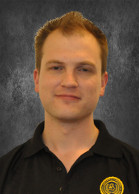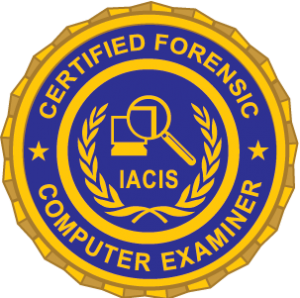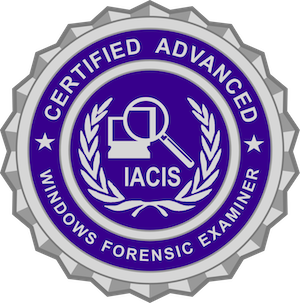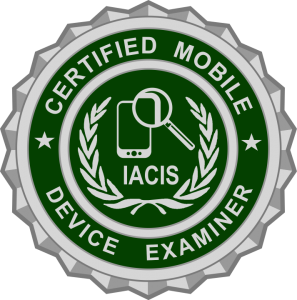The IACIS Advanced Windows Forensic Examiner Training Program is a 36-hour course of instruction offered over five (5) consecutive days. It is designed to provide students with a detailed study of the Windows Operating System. Through a variety of lectures and instructor-led and independent hands-on practical exercises, students will study the Windows operating system in far greater detail and with far more specificity regarding critical areas of forensic focus than what can be accomplished in the more generalized overview perspective of the BCFE Training Program.
In short, this program will focus on how various Windows Operating Systems work “under the hood,” with a focus on the most current/common versions. At the conclusion of this course, students will have a clearer understanding of various operating system artifacts, why they present as they do, and how knowledge of these artifacts can play a significant role in the forensic and investigative process.
The AWFE Training Program champions a forensic tool-independent approach to learning. This approach allows for a deeper exploration of the underlying subject matter than might be afforded in other programs, which are designed to complete a particular task or view/extract a particular artifact.
The WFE Training Program is designed to build on and expand the students’ existing forensic knowledge and skillset and is not an entry-level class. It is highly recommended that you have received training such as BCFE (or equivalent) prior to attending the AWFE Class. Having completed the CFCE would be encouraged.
The AWFE Training Program will assist students in preparing for their CAWFE certification. However, the training program is not taught to the certification. Instead, students are recommended to take notes, participate, and make the most of the classroom environment. The material provided to students may be used as part of the certification process; however, reading outside of the provided material is advisable and will benefit the student in obtaining a deeper understanding. For instance, we may explore in detail the inner workings of an artifact as it relates to Windows 11, but we may not do the same for older versions of Windows other than to potentially call out specific differences. Students are therefore encouraged to explore the current version of Windows and the prior version to ensure maximum exposure and learning is achieved.
The course topics will include:
- Virtualization: Concepts, artifacts, and practical usage. We explore the various terminology used to describe virtualization and its associated technologies. This extends to exploring WSL and Hyper-V technologies.
- Partitioning Schemes: Understanding MBR and GPT partitioning schemes. We explore these common schemes and parse some of the structures at the hex level. Understanding these structures provides a greater level of understanding (and refresher) on these data structures which can help to solidify findings in examiners investigations.
- File Systems: Overview of the common file-system NTFS and its critical use of metadata files such as $MFT, $Logfile, $Volume, $Bitmap, $Boot, MFT Records, Orphaned files, Alternate Data Streams, Directory Indexing
- Security Features and Encryption: common to the Windows Operating System, such as BitLocker and EFS
- Registry: Concepts and structures of common registry files such as SOFTWARE, SAM, SYSTEM, NTUSER.dat. Exploration of Shellbags, Amcache, UserAssist, AppCompatCache / Shimcache,
- Artifacts: We will review many Windows artifacts, such as: PowerShell, Clipboard, DoH, Access Control Lists, Thumbcache, Iconcache, PhotosApp, Windows Mail, Timeline, Backup, Event Logs, Link Files, Jump Lists, Prefetch, OneDrive, Notifications, Edge, Cortana, Services, Microsoft Defender Logging.
- RAM and virtual memory management concepts: We use command line tools to analyze a RAM image and determine application usage and user interaction.
COURSE SYLLABUS:
WHEN: January 12 – 16, 2026. This class will finish at midday on Friday.
COST: $2,695.00 US Dollars
EQUIPMENT: Classroom laptops will be given to the students to take home and keep.
REGISTRATION: Click HERE for information about registration and hotel accommodations



